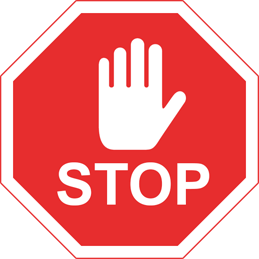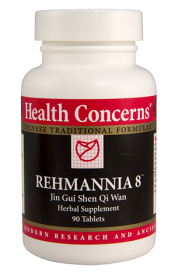Please Sign In or Register to access all E-Script Features
- Back
- Shop
- Back
- Brand
- Back
- Symptoms
- Back
- Practitioner
- Recent Orders
- My Profile
- Retainer
- My Formula Templates
- Back
- Patient
- Add Patient
- Patient Profile/ Order
Rehmannia 8 (90 Capsules) (Health C...
Close
Customize Rx Label
Reference Name (For your records)*
Formula Label Name (To be printed on label)
Pharmacy Instructions
dosing instruction
Manufacturer Label Unit Size
90 Capsules
Manufacturer Label Dosages
3 Capsules three times per day, between meals
Capsule (0.7g)
Times Daily
# of Days
Custom Instructions (60 charecters max)
(Clear this field to disable Custom Instruction)
New prices adjusted to include labelling service fees:
Patient : 0.00
Retainer : 0.00
Practitioner : 0.00
# of Refills
description
Therapeutic Actions
1.Treats backache with numbness or cold legs, accompanied...
patent formula
Rehmannia 8
alternative name
Jin Gui Shen Qi Wan
product line
Health Concerns
dosage forms
Capsules
unit size
90 Capsules
dosage
3 Capsules three times per day, between ...
allergy warning
ingredients
Rehmannia (cooked) root (shu di huang)







